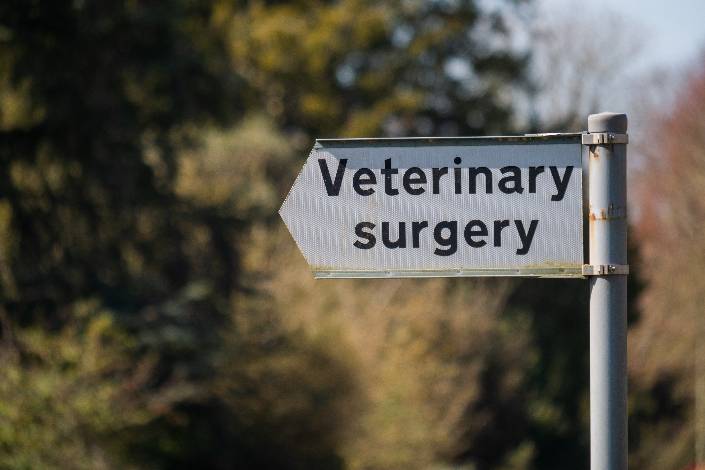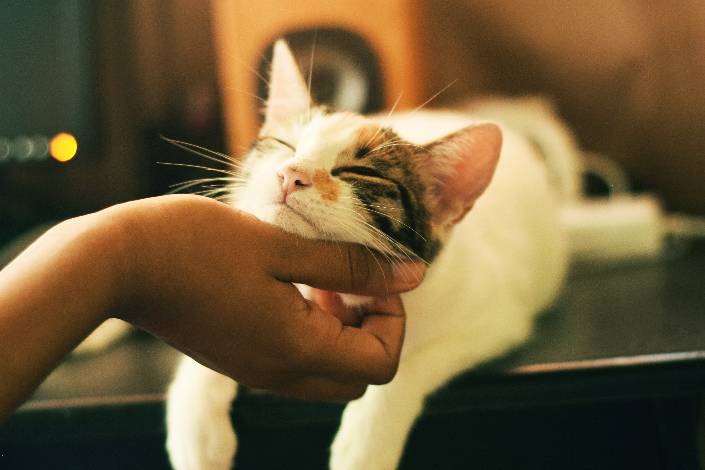
When you become a house sitter, in most cases you are also signing up to look after people's pets. And while house and pet sitting is an amazing opportunity to live and travel for free, it is also a big responsibility. From experience, the most important thing for homeowners is to know that their pets are in the best possible care.
But, as life happens, so does the unexpected. Pets can get sick, lost or injured, and you as the sitter need to be prepared for it. So how do you prepare for the unexpected, and how do you respond?
From our experience, preparation is the key when you are a house sitter. Even if you are unable to meet with the homeowners before the sit, making a plan for what happens in case of emergency is vital. While ‘emergency’ may also include house emergencies, like what to do in case there is a plumbing or electrical problem, it must include what to do in case there is a pet-related emergency.
A good start is to ask the owners to leave a list of emergency contacts, in case they are not contactable while on holiday or business. Ask if their pets’ vaccinations and medications are up to date – and while you’re there, ask if there are any ongoing medical issues they have. We had a few occasions where we weren’t told of regular issues, and we took pets to the vet when we didn’t need to. People simply forget to tell you about some minor things, but they might end up causing issues during the sit – so always ask. This could include things like food allergies, allergies to pollen at certain times of the year, ear infections which the animals might get frequently but already have medication for at home.

There should be a contingency plan in place if the animals do get sick – do you ring someone, or go straight to the vet? Are there friends or neighbours who can help?
If in doubt – and you can’t get in touch with the owners, go to the vet. It’s the safest bet, and although this was rare for us, nobody ever complained that we were over cautious. It’s best to play it safe if you can’t get a hold of the owners.
If the pet goes missing, always be honest with the owners. From our experience, cats sometimes like to go wandering. And what’s a normal timeframe to be gone for some isn’t normal for others. Have the conversation with the owners before the sit – ask if it’s happened before and what they’d like you to do if it happens while you’re there. But be sure to keep them posted if it does happen. Honesty is appreciated – and if the pet is found, it’s likely the person will call the phone number on their collar anyway!
If you do have a vet visit, tell the vet you are a pet sitter and ask them if they can record the notes on the pet’s file so that owners can access it when they get home. Be sure to keep any receipts so you can be reimbursed. It’s a good idea to discuss money too, before owners leave – make sure they are happy to reimburse you for any pet-related expenses while you are there. If the pet got sick, keep a note of the symptoms, the times, and the action you took.
Alternatively, some owners leave cash in advance for emergencies. If you need to use it, make sure you can show them a receipt of what was spent.
As with anything, transparency is key. Be honest and open, and if in doubt – call the owners, even if it’s the middle of the night where they are. If it’s an emergency, they would most likely prefer that than to be kept in the dark!
You have one of the best-run websites I’ve ever seen. It certainly has led to some great friendships and memories. Cheers and thanks. Kathy
COPYRIGHT © AUSSIE HOUSE SITTERS 2004 - 2024
Use of this website indicates that you have read and accept the Website Terms of Use